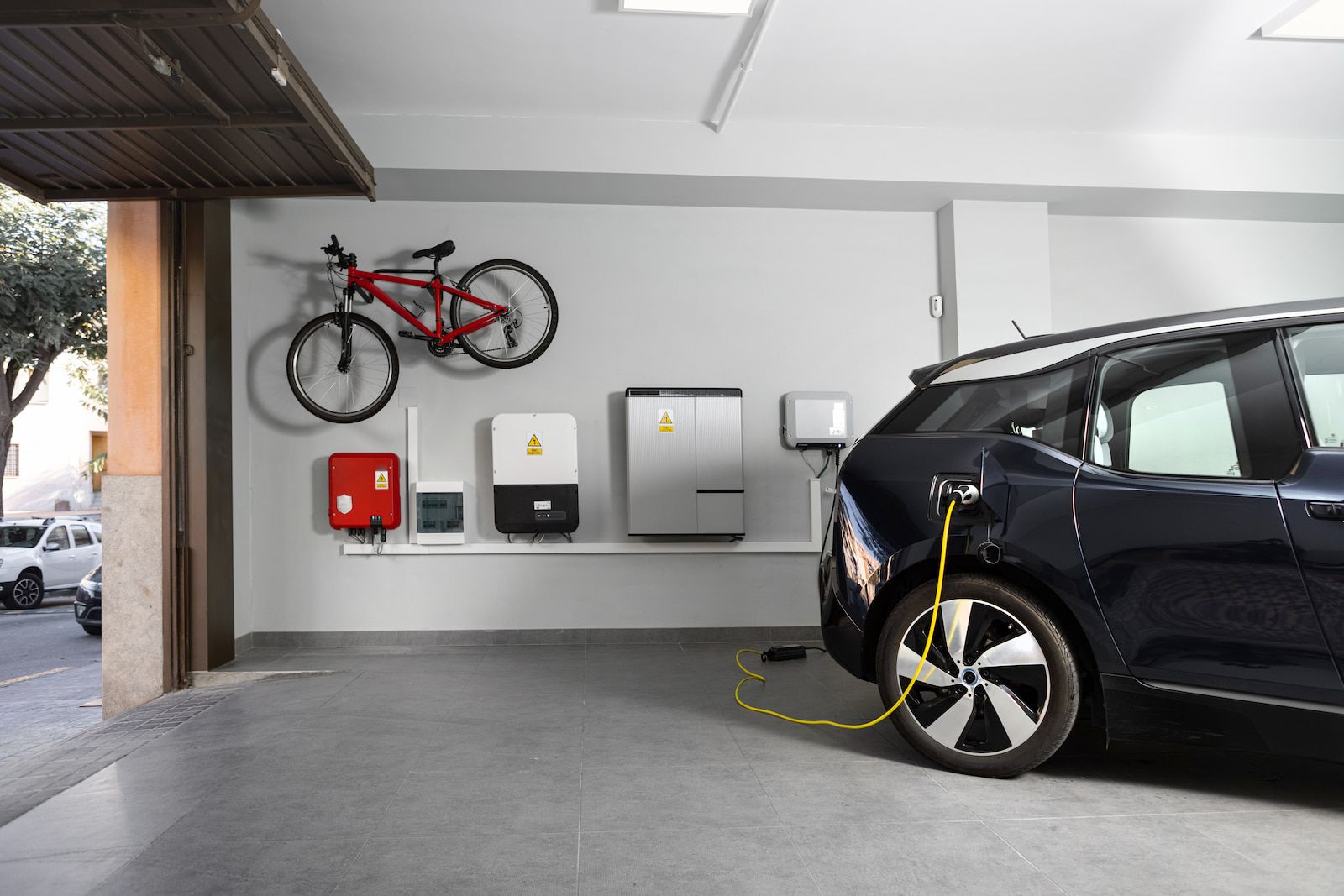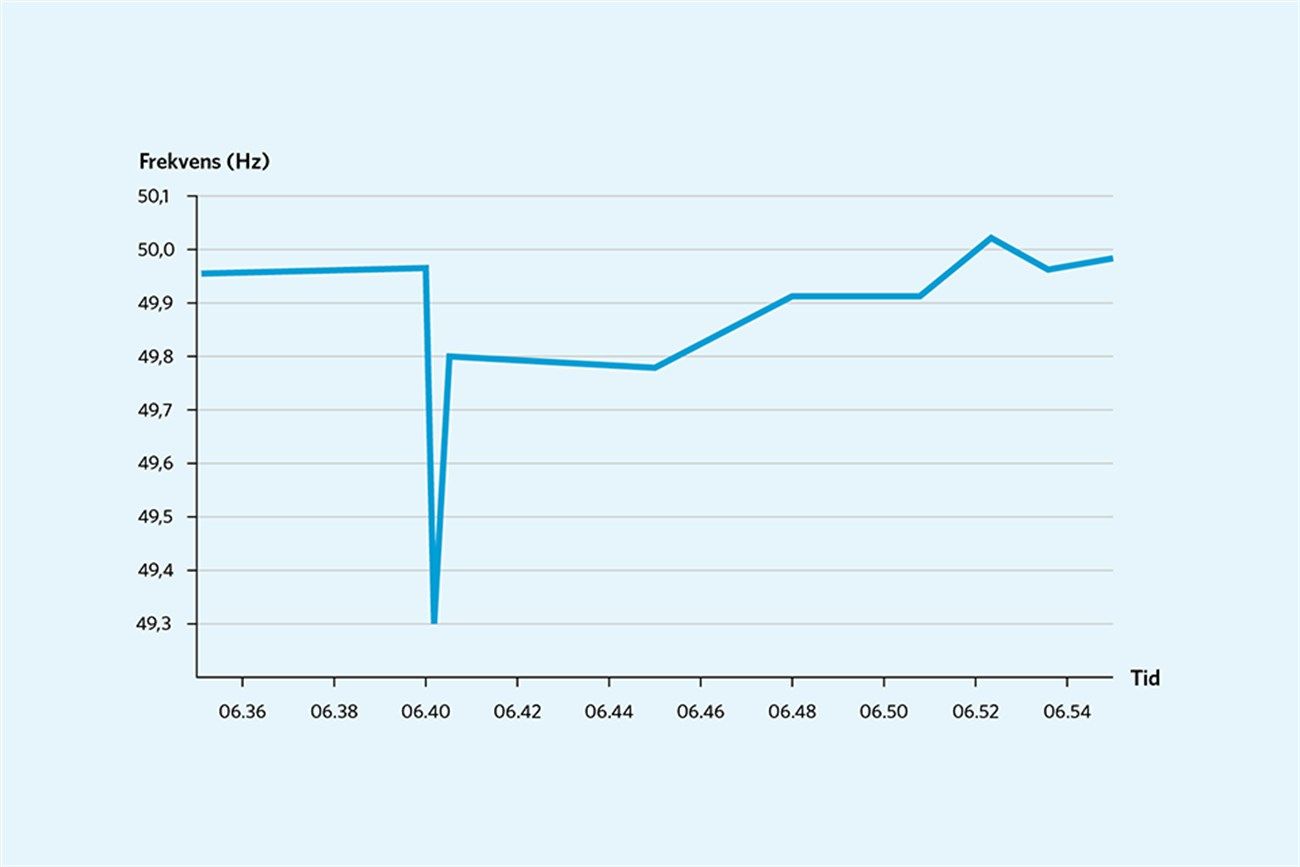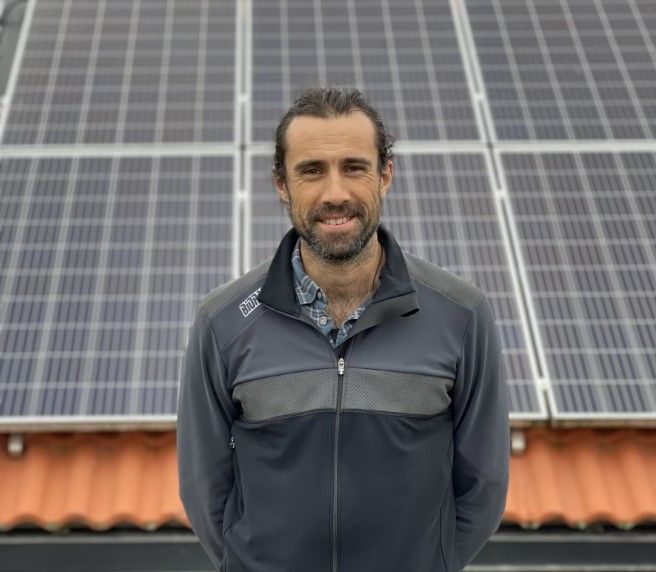
🔋 Small batteries stepped in - showcasing the strength of the Energy Society
A short circuit in a switchgear knocked out two nuclear power reactors, the subway, traffic lights and disrupted radio transmissions. A savior in times of need was a few hundred household batteries.
Share this story!
One Wednesday morning in April, our little family was faced with a logistics problem. Long queues formed at an intersection on the way to kindergarten. The traffic lights didn't work and things got messy. At the same time, the phone rang. My wife couldn't get to her job in central Stockholm, the subway was at a standstill.
What had happened?
It turned out that someone had pulled the wrong lever at a power station outside Stockholm. The wrong disconnect opened, leading to a short circuit. It shouldn't have been able to happen, but both human errors and faults in the protection systems made it happen anyway.
The result was a dip in voltage in the power grid for seven seconds, which in this context is considered an eternity.
"We get a very long time with low voltage in these circumstances. This causes two reactors in Forsmark to go down and also other systems like traffic lights and commuter trains," says Pontus de Maré, operations manager at Svenska kraftnät.

When the two reactors in Forsmark disappear from the power grid, the system loses about 2,150 MW, which is a larger error than the system is designed for. The frequency then drops to 49.3 Hertz. The frequency should be 50 Hz.
That's why I was stuck at an intersection without traffic lights, my wife was trying to find a bus instead of the subway, and a million Stockholmers were affected.
Small batteries to the rescue
After about ten minutes, the frequency was back to normal. An unexpected hero that contributed to this was small batteries in households.
Despite a large supply of backup power, the frequency reserve's algorithms chose aggregated house batteries over other classic reserves.
The energy site Second Opinion writes:
"That Wednesday morning in April when Svenska Kraftnät had to accept reserve power from a few hundred aggregated household batteries was simultaneously a symbolic breakthrough for the small batteries' upcoming takeover of the flexible support service markets, perhaps even the beginning of a paradigm shift where all other flexible markets in the future may have the potential to handle both power line failures and intermittent wind power. Always and everywhere."
Capacity is growing very quickly
The household batteries are part of CheckWatts' system. Today, CheckWatts has one percent of the most urgent disturbance reserve, but it's increasing quickly.
"We believe that CheckWatt will handle up to ten percent of Sweden's disturbance preparedness within six months," Dan-Eric Archer, CEO of CheckWatt, tells Second Opinion.

Contributing to stabilizing the grid has previously only been possible for larger players, but it becomes permissible for all battery owners, writes Energinyheter.
CheckWatt offers households with their own battery storage to join the virtual power plant Currently, and in this way get paid to support the electrical system.
The Energy Society is emerging
These sorts of solutions are part of the Energy Society. Together with Jonas Birgersson, we run Project Energy Society, with the goal of achieving a society where you have access to all the electricity you need, at a low fixed price.
Jonas Birgersson:
“The power grids were developed around the 1880s. In their structure, they have not changed since then. No wonder that the power grid is struggling. Amazing that it has managed to hold up this long. But it will need to be redone. How will it be? It's not difficult. Because what we can now do with batteries is to buffer, as it's called in network language. Network-wise, it's like night and day.”
Here you can read more about the Energy Society Project:

Mathias Sundin
The Angry Optimist
By becoming a premium supporter, you help in the creation and sharing of fact-based optimistic news all over the world.



